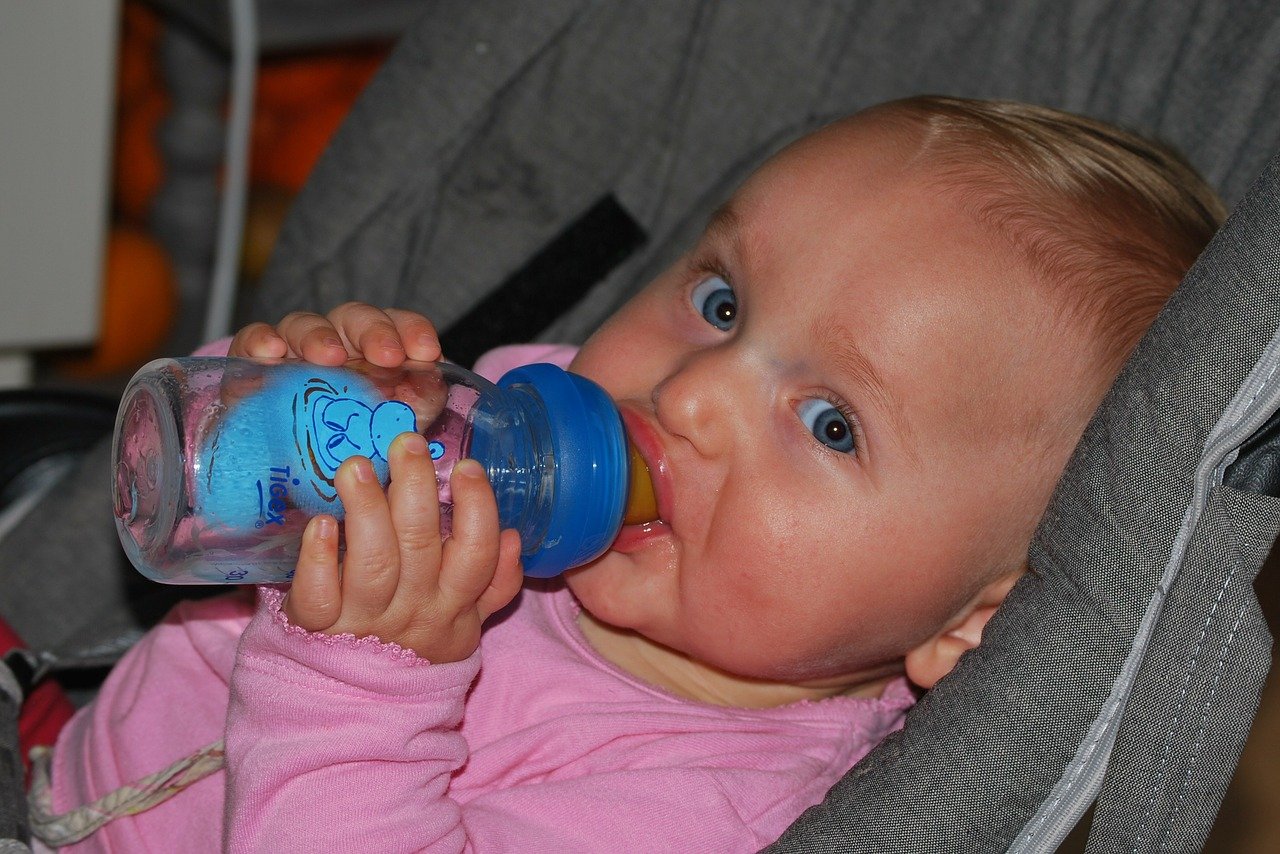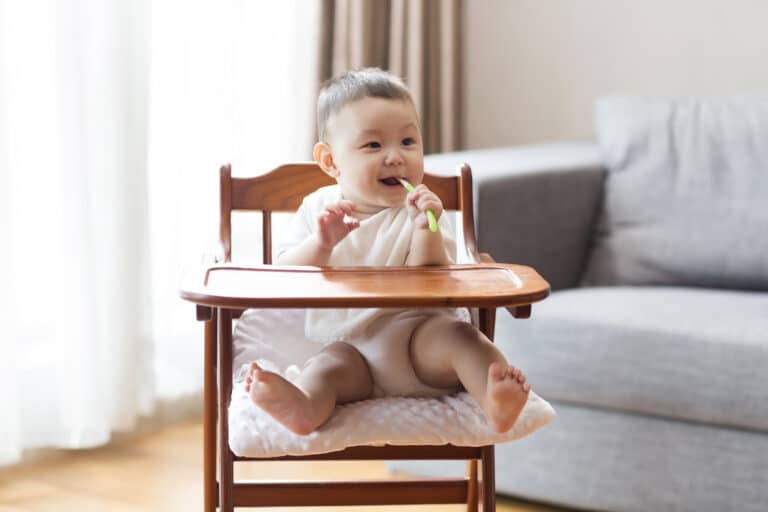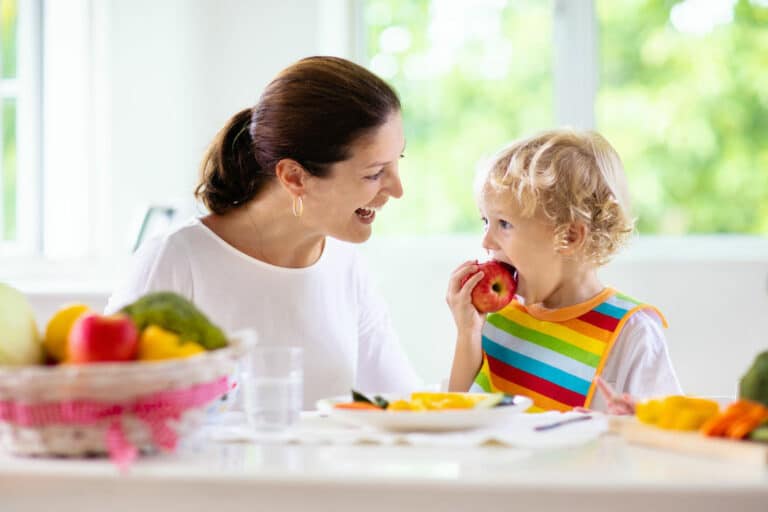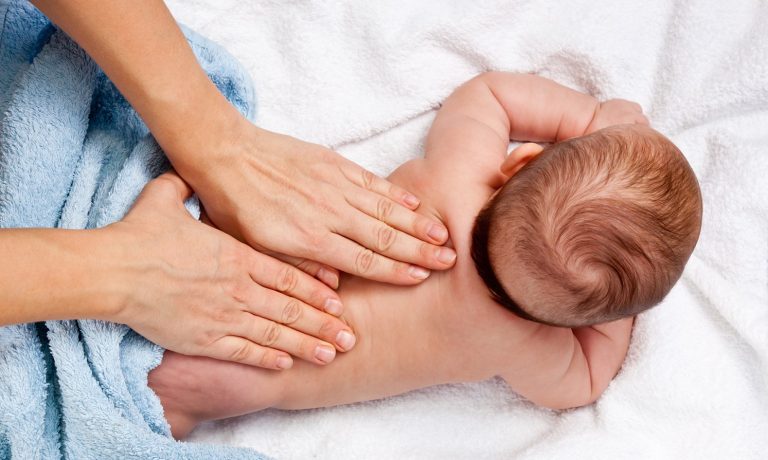As a parent, you want to make sure your baby is getting the best possible start in life. Holding their own bottle is a key milestone in their development. Most babies will start to show interest in holding their own bottle around 6 to 10 months old. Several things can affect when your baby reaches this milestone, such as weight and muscle development.
Generally, holding a bottle is part of your child’s development process and is not a cause for concern if your baby isn’t doing it at the same time as another baby. Always do remember that every baby is different and will reach milestones at their own pace. When your baby holds the bottle independently, it will free you up to do other things and gives your baby a sense of accomplishment.
Though bottle-holding is an important skill that allows babies to feed themselves and develop their fine motor skills. If your baby is having trouble holding his or her own bottle, you can try propping it up with a pillow or stuffed animal (safe toys). Bottle propping is when you prop up a baby’s bottle so they can feed themselves without your help. But when did your baby starts doing this? In this blog post, we will explain everything you need to know about when do babies hold their own bottles?
In This Article
How early can babies hold their own bottle?
The answer to this question is depend on the baby’s motor skills. Some babies can hold their own bottles as early as 6 months old, while others may not be able to do so until they are 7 or 9 months old. Bottle feeding is an important milestone for babies, and it is a good idea to start practicing early.
For your child’s developmental milestones, it’s essential for you as a parent to provide opportunities for your baby to practice grasping and holding. Not only will this skill help them later on when they start self-feeding, but it can also promote their cognitive development. Moreover, the bottle feeding basics are quite easy to follow, and below we have mentioned age-wise guidelines on when to bottle feed your baby.
From 0 to 4:
At this age, your baby is still learning how to control their head and neck muscles. So bottle holding may not be as easy for them as it is for older infants. If you are a breastfeeding mother you need to breastfeed your baby 3 months after their birth.
From 4 to 6 months:
Most babies can now hold their heads up on their own and have better control over their neck muscles. This is why it’s a good time to start giving them bottles to hold. You can put the bottle in their hand and help guide it to their mouth.
From 6 to 9 months:
Your baby has now developed better hand-eye coordination and can grasp and hold objects more easily. They can now also sit up on their own, which makes it easier for them to drink from a bottle. If your child not getting ready to drink milk from the bottle you can use the empty bottle to just let them practice holding
From 9 to 12 months:
At this age, your baby can probably hold their own bottle and drink from it independently. They have also developed the coordination to pick up small objects and put them in their mouths. If your baby is still having trouble holding the bottle, you can try using a straw or a sports bottle with a wider mouth.
However, you will also want to have a burp cloth handy in case your baby spits up while drinking. Sometimes your baby’s fine motor skills develop later than average, and that’s okay. As long as they are continuing to progress and meet other developmental milestones, there is no cause for concern. But if your baby holding a bottle and drinking from it is causing discomfort or you are having trouble with the position, stop and consult your doctor.
What are the signs that the baby is ready to hold the bottle?
Babies develop their fine motor skills at different stages but there are some typical signs to let you know when your baby is ready to start holding their bottle. When baby hold their head up steadily and their neck is strong enough to hold the bottle, they are ready. But remember if your baby has any kind of illness, it’s best to wait until they are well before letting them hold the bottle. Below we have outlined the signs that let you know when your baby is ready to start holding the bottle earlier.
1. When they can sit unsupported
When your child learns fine motor control and can sit unsupported, they are developmentally ready to start holding a bottle. Around 6 months old, many babies can sit up with minimal support and by 8-9 months they can do so without any help. Baby holding bottles helps with hand-eye coordination and strengthens the muscles in the arms, hands, and neck. When a baby fall asleep while feeding session, it is more comfortable for them to hold the bottle themselves. Many peer-reviewed studies show that upright position during feedings decreases the risk of ear infections, gas, and Spit-Up.
2. When they start to teeth
The process of teething can be difficult for babies. It’s not only painful but also frustrating because they can’t yet communicate what they are feeling. Some parents choose to wait until their baby is completely done teething before giving them a bottle to hold, but this isn’t always necessary. Many babies are developmentally ready to start holding a bottle when they have just one or two teeth. But don’t forget that tooth decay can begin as soon as a baby’s teeth come in, usually by this age (6 months). So bottle-fed babies should have their teeth brushed after feedings.
3. Have good head and trunk support
The baby’s head and trunk should be able to support the weight of the bottle. If the baby cannot hold their head up steadily, then they are not ready to hold a bottle. This usually happens around 4 months old when babies start to develop their neck muscles. In tummy time or while sitting in your lap, they should be able to hold their head up and look around. Additionally baby’s lying down should be able to prop themselves up on their elbows. If they can’t do any of these things, then wait until they develop more strength. But if they are not able to do that until the age of 11 months then you should take professional medical advice.
4. When they can grasp objects
Another sign that your baby is ready to start holding a bottle is when they can grasp objects with their hands. This usually occurs around 4-5 months old when babies start to develop better hand-eye coordination. They will start to reach for things and grab onto them with more strength. This is a good time to start giving them a bottle to hold as they will be able to grasp it better.
5. When they imitate you
One of the biggest showing signs that babies start holding a bottle is when they imitate you. Babies start to learn how to do things by watching and copying what others do. When you see them attempting to hold the bottle themselves or even bringing it up to their mouth, this is a good sign that they are ready to start holding the bottle.
6. When they reach the appropriate age of eating solid foods
The American Academy of Pediatrics recommends that babies start solid foods around 6 months old. This is a good time to start giving them a bottle to hold as they will be able to understand how to eat from it. Many parents choose to wait until their baby is a little older, around 8 or 9 months old, but this isn’t necessary. As long as your baby is developmentally ready, they can start holding the bottle around 6 months old.
How can parents help their babies to do this?
As a parent, you may be worried about why not your baby will be able to hold his or her bottle. When your baby reaches the appropriate age, usually around six to tenth months old, he or she will start to develop the skills needed to hold the bottle on his or her own. You can help your baby by practicing at home by doing the below things and they are:
1. By sippy cup and easy-grasp bottles
Babies typically have an easier time holding onto bottles that have a wider base and are less slick. You can buy sippy cups and bottles that have handles specifically designed for babies to grip. Though as you know the core strength and dexterity of each baby develops at different rates, so some babies will be able to grip a regular bottle earlier than others.
2. By letting your baby sit up straight while they drink
When your baby is old enough to sit upon his or her own, make sure they’re in an upright position while drinking. This will help your baby keep the bottle steady and reduce the risk of choking. You can prop your baby up with a pillow or use a highchair with a tray to support the bottle.
3. By avoiding the use of a pacifier
If your baby is still using a pacifier, now is the time to cut back. A pacifier can make it more difficult for your baby to learn how to hold his or her bottle since he or she will need to use both hands. If you’re worried about your baby’s gripping skills, try to give your baby more opportunities to practice by having them hold onto objects like a toy.
4. By burping your baby often during feedings
If your baby is gulping down air while drinking, it will be more difficult for him or her to hold the bottle. Make sure to burp your baby often during feedings to help reduce gas and discomfort. Generally, the feeding sounds can clue you in on whether or not your baby needs to burp. Your little one may be making a lot of noise, gurgling, or even have hiccups when you stop giving them milk. If you’re still having trouble getting your baby to burp, try gently patting his or her back.
5. By adjusting the bottle
If your baby is having trouble gripping the bottle, you can try to adjust it to make it easier. You can turn the bottle upside down or sideways so that your little one doesn’t have to grip it as tightly. As well as this, you can try different bottle nipples that are made for premature or low birth-weight babies. These nipples are larger in diameter and have a flatter surface making it easier for your baby to latch on.
The Conclusion
Therefore, as we said above babies can start holding their bottles as early as 6 months old. They will become more proficient at it over time, so don’t worry if your baby isn’t quite grasping the concept yet. By 7 to 8 months old, most babies can hold their bottle with little or no help. This milestone is an important one, both for the baby and for the parents. It signals that the baby is growing up and becoming more independent. For parents, it means they can start to wean their child from breastfeeding or bottle-feeding and onto solid foods. We hope this article had provide some helpful information and if you have any questions, please feel free to ask us in the comment section below.











